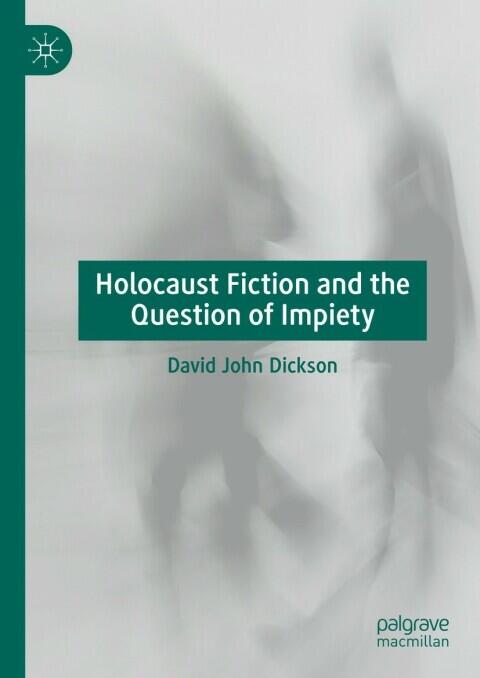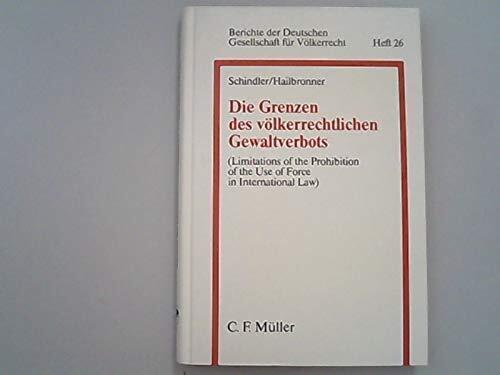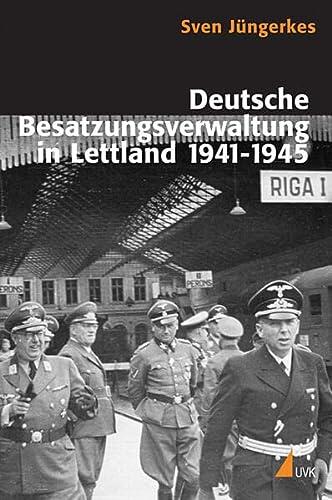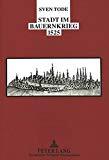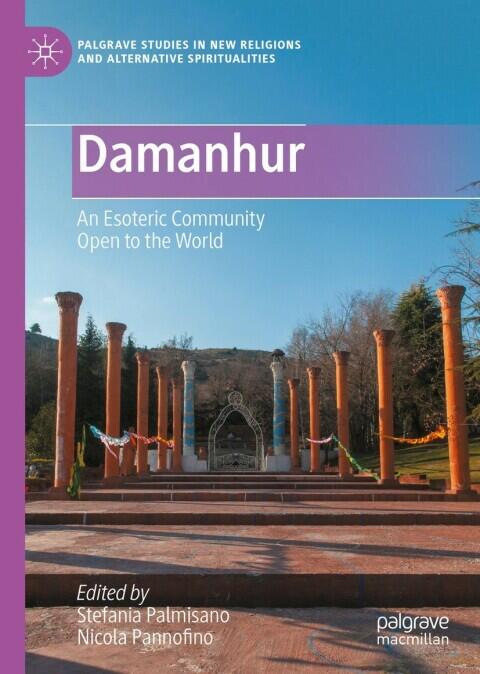
Günzburg und der Fall Josef Mengele
작성자
Sven Keller
아직 평점이 없습니다
Action & Adventure
형식
페이퍼백
페이지
212
언어
독일어
출판됨
Aug 20, 2003
출판사
De Gruyter Oldenbourg
ISBN-10
3486645870
ISBN-13
9783486645873
설명
Set against the backdrop of post-war Germany, this compelling narrative delves into the enigmatic life of Josef Mengele, famously known as the "Angel of Death." Through meticulous research and poignant storytelling, Sven Keller unravels the shadowy connections between Mengele and the town of Günzburg, offering readers an insightful glimpse into a history shrouded in secrecy and moral ambiguity.
Keller's exploration goes beyond mere biography; it examines the societal response to a figure whose actions during the Holocaust continue to evoke horror and fascination. The author paints a vivid picture of Günzburg itself, weaving the town's historical context with the chilling legacy of Mengele's medical experiments. This intimate connection challenges readers to confront the past, prompting reflection on how communities reckon with their darker histories.
As the narrative unfolds, Keller sheds light on the implications of Mengele's life after World War II, illustrating his tenacity to evade justice. The book serves as both a historical account and a poignant reminder of the human capacity for both compassion and cruelty, raising essential questions about memory, guilt, and accountability.
In this deeply engaging read, the author encourages a critical examination of the complexities surrounding one of history's most notorious figures while reminding us that understanding the past is crucial in shaping a more humane future.
Keller's exploration goes beyond mere biography; it examines the societal response to a figure whose actions during the Holocaust continue to evoke horror and fascination. The author paints a vivid picture of Günzburg itself, weaving the town's historical context with the chilling legacy of Mengele's medical experiments. This intimate connection challenges readers to confront the past, prompting reflection on how communities reckon with their darker histories.
As the narrative unfolds, Keller sheds light on the implications of Mengele's life after World War II, illustrating his tenacity to evade justice. The book serves as both a historical account and a poignant reminder of the human capacity for both compassion and cruelty, raising essential questions about memory, guilt, and accountability.
In this deeply engaging read, the author encourages a critical examination of the complexities surrounding one of history's most notorious figures while reminding us that understanding the past is crucial in shaping a more humane future.

